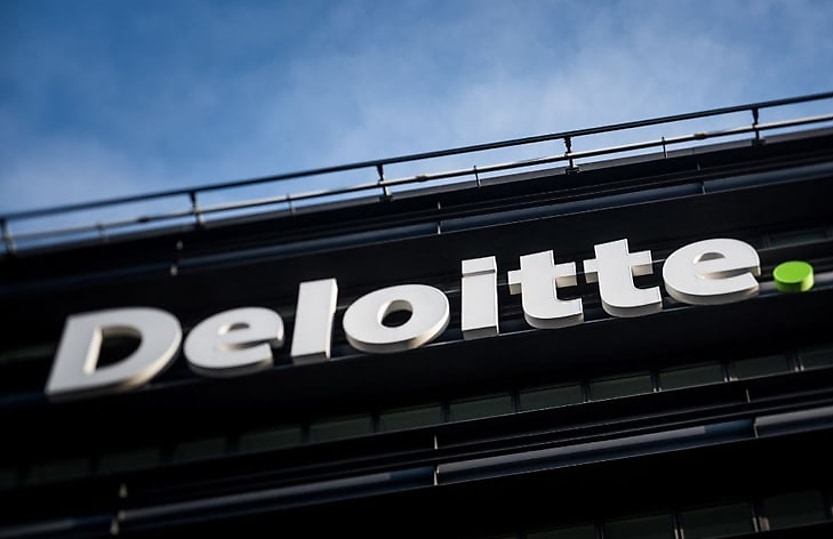CFO optimism ‘fading’ amid weak economic conditions

The resilience of Australian CFOs is waning with only half optimistic about the financial prospects of their company, a recent Deloitte report finds.
Australia’s weak economic outlook continues to weigh on corporate CFO sentiment with net optimism among CFOs falling from 66 per cent six months ago to 29 per cent, according to latest CFO Sentiment Report from Deloitte.
The sentiment survey found that only 50 per cent of CFOs were optimistic or highly optimistic about the financial prospects of their company, while 29 per cent were neutral and 20 per cent were pessimistic or highly pessimistic.
The decline in net optimism suggests that the weaker business environment that has been foreshadowed for the last year has started to feed through to businesses on the ground, the report said.
The report also found that only 10 per cent of CFOs felt optimistic about the Australian economy going forward.
“CFOs were already cautious about the economic outlook six months ago, which has only been reaffirmed by the weakness in consumer spending and business confidence in 2023 so far,” it said.
“The divide between company sentiment, which had been holding up despite economic turmoil, and economic sentiment is now closing. Concerns about the economic environment are now bleeding into a less optimistic view among CFOs.”
Uncertainty also remains high with 85 per cent of CFOs rating external financial and economic uncertainty levels as higher than normal.
This is a slight decrease from six months ago and could reflect CFOs becoming more used to interest rate hikes after almost a decade in a low interest environment, according to Deloitte.
“However, uncertainty is still elevated compared to historical surveys, as CFOs continue to maintain considerable caution with their balance sheets. Uncertainty about how long weakness in the economy will last is now a key issue for CFOs,” the report stated.
CFO risk appetite also remains low, with only one in four CFOs believing now is a good time to take more risk onto their balance sheets.
“As CFOs get more accustomed to this new economic reality, and economic conditions improve, uncertainty ratings will also improve,” the report said.
“This could be sooner rather than later, as a few upside factors such as strong population growth and easing inflation could mean 2024 is a much better year for Australian businesses.”
Cost control the top priority for CFOs
The challenging economic outlook has seen CFOs turn their attention to what strategies they can implement to manage the impact on their bottom line.
Three out of four CFOs have named cost control as one of their top three areas of focus for the next year.
“This is understandable given the inflationary context and speaks to concerns over operating margins being squeezed by high levels of cost inflation, despite the possibility of inflation easing through the next year,” the report said.
The survey revealed that growth areas such as expanding by acquisition, market expansion and introducing new products and services are much lower on CFO agendas in this economic environment.
The second and third highest priorities were productivity growth and revenue growth.
CFO responsibilities broadening
Around half of all CFOs in the survey indicated that their responsibilities had broadened slightly and a further 17 per cent said their responsibilities had broadened significantly.
“This comes as new ESG reporting requirements from the ISSB will start to roll out across Australian businesses, leading to significant change in corporate reporting,” the report said.
“ESG continues to be a dominant theme for business leaders with increasing pressure to adapt both from within their business, as well as externally from public and investor demands, while regulatory changes simultaneously develop.”
When asked about climate change actions, the most widespread measure taken by businesses was the adoption of public policy positions to promote actions that address climate change at 68 per cent.
“This is especially true among the largest businesses that have the resources to act; 82 per cent of businesses with revenues above $5 billion are taking this approach,” the report said.
Around two in three CFOs felt their business was somewhat prepared to tackle their ESG priorities, suggesting that Australian businesses are still in period transition.
“This is encouraging as it shows that businesses are serious about tackling these issues, while recognising the scale of the challenge it brings to their operations,” the report said.
“Only one in ten CFOs say their company is not prepared to tackle its sustainability and ESG priorities.”
About the author

